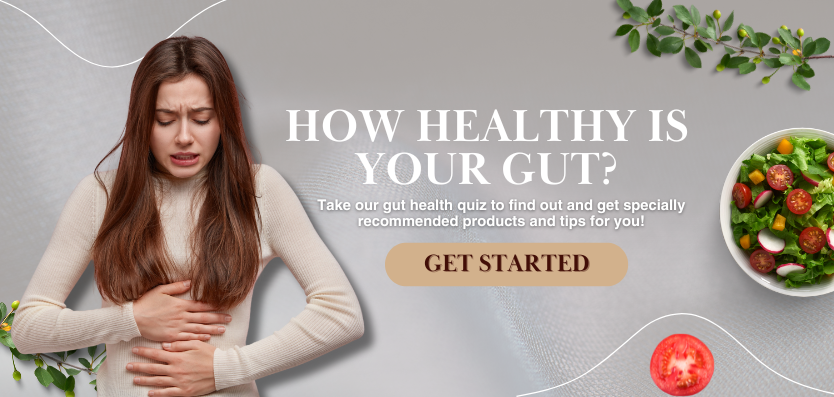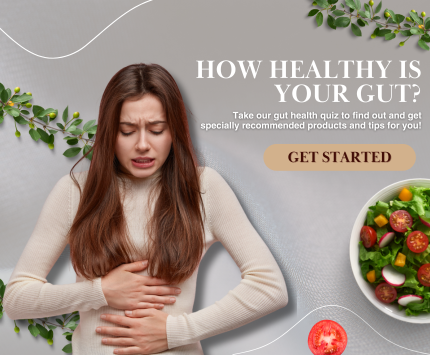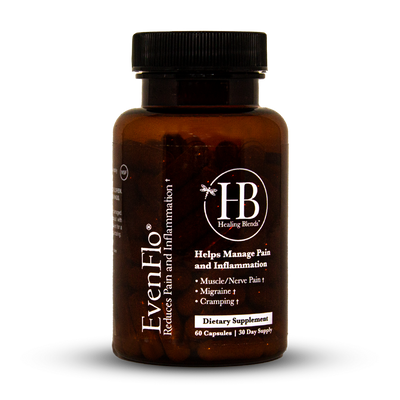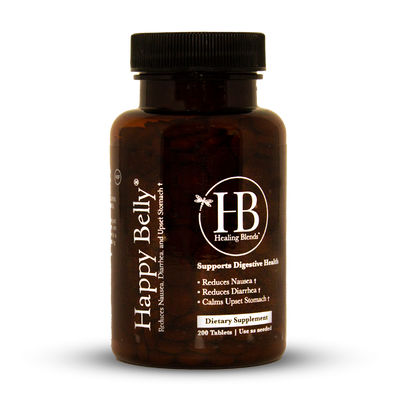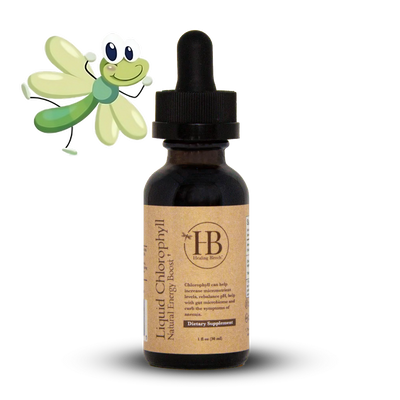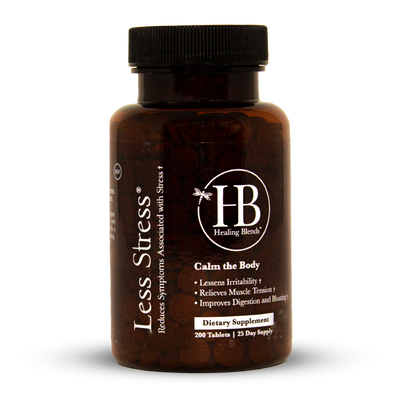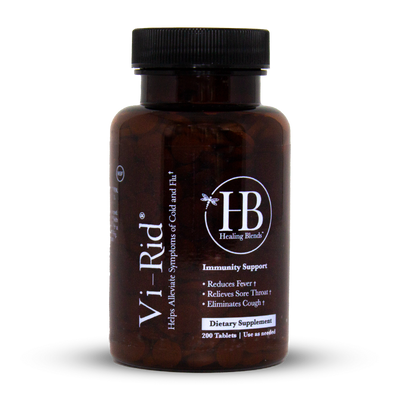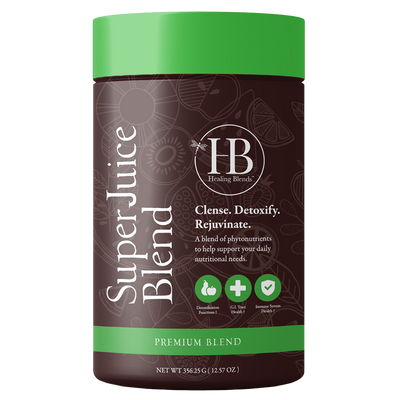End of the Lockdown: The Quick Guide to Handling Stress as You Get Back to Work
It goes without saying that the novel Coronavirus (Covid19) has changed the world we live in and will continue to disrupt our daily lives for the foreseeable future.
Although up to one-third of the world’s population is in some sort of lockdown, many office workers are preparing to gradually return to work.
For most Americans, doing this is basically a choice between livelihood and health.
And taking this decision (plus taking the precautions to follow up on this decision) is bound to induce stress.
Some of us are being released back into the wild (a.k.a. workspaces), and as might be expected, anxiety levels are rising at an alarming rate.
The World Economic Forum predicts that burnout and stress-related absenteeism might be this year’s second massive epidemic.
The good news is that there are effective ways to handle this kind of stress, techniques that can help you navigate through the weeks and months to come with clarity and tranquillity.
The Long Term Psychological Impact of the COVID-19 Pandemic?
It was in the 1990s that France paved the way to an international playbook for disaster response which focused not only on treating physically wounded individuals, but also those suffering from invisible trauma wounds.
As more and more hospitals around the world gear up to brace for the impact of Covid-19, it is important to keep tabs on what is happening on a psychological level in otherwise “healthy” individuals.
According to a report by The Lancet, quarantine causes a range of psychological problems like low mood, stress, anxiety, emotional exhaustion, and PTSD. After the SARS outbreak and globally imposed lockdowns, studies even found that quarantine could lead to long-term “avoidance” behavior.
This whole Coronavirus crisis has caused widespread anxiety and panic. People fear the idea of becoming infected, their loved ones falling ill, and of course, financial hardships that might arise amid the global economic recession that is looming.
Taking a Cue from History: Aggregate Mood Data Suggests We Should All Buckle Up
Mental health experts across the world are worried about the economic devastation that the novel Coronavirus is causing and the effects it will have on the workforce.
A study on the global recession of 2008 found that the suicide rate went up with 1.6% for every percentage point increase in the unemployment rate.
Pandemics and disasters tend to cast a shadow pandemic of psychological and societal injuries, and even though the shadow devastates beyond belief, it often receives scant attention compared to the disease or recession itself.
Compared to previous catastrophes like the Spanish Flu of 1918, Covid-19 has so far caused much fewer deaths. Historical data also suggests that The Great Depression’s toll on the global economy was much worse than the damage inflicted by Covid-19 up till now. But the problem is that Spanish Flu and Great Depression data look at the scenarios post-impact. These datasets give us a bird’s eye view of what happened before, during, and after natural and societal disasters.
What we do know is that both disasters had wide-reaching impacts on the workforce that lasted years after the initial catastrophe hit. From the current evidence we have, the Covid-19 situation is a unique mix of a pandemic and a recession, and it is unlike anything we have ever seen before. We all need to be prepared for what to encounter at our place of work, and the best way to do that is by combating stress as part of your daily routine.
So how does one deal with stress and anxiety in times like these? How do you keep your head in the game and avoid being overwhelmed by the current state of things?
While we don’t have all the answers to help ease every single one of your worries, we do have some valuable tips to share that can help you handle stress as you get back to work.
Sanity-Saving Tips to Help You Handle Stress as You Get Back to Work
Focus on Physical Activity
Exercise is one of the best ways to combat stress, and regardless of what you might have read or heard, you do not need to spend hours sweating up a storm every day to reap the benefits. In fact, high-intensity interval training might be more effective than prolonged training sessions. The short and sweet? Get up every morning and get moving before you start your day. It will boost your mood and balance your hormone levels, which sets the tone for the rest of your day.

You Are What You Eat
Most of us are guilty of comfort eating during stressful times, and even though sweets, fast food, and refined grains temporarily boost the mood, we crash and burn shortly after. The reality is that a bad diet also leads to bad mental health. What you really need is a balanced diet that includes foods like nuts, seeds, oats, and lean protein which assist with the brain’s production of serotonin, the “feel-good” hormone.
Make Time for Mindfulness
There is a very poignant quote by a recovered Coronavirus victim. It is along the lines of “You realize all you need is one breath, and taking that breath is difficult”. Remind yourself that you are safe NOW and you are drawing that breath, in ease.
If you are not a regular practitioner of mindfulness, meditation can help. The right kind of meditation can provide deep relaxation, which is nature’s way of combating stress and anxiety.
Do Not Try to Be Overinformed and Stop Believing Everything You See on Social Media
It is important to consume information about the virus, but for the sake of your mental health, stick to once a day and be done. Watching or listening to every single news update is a recipe for a nervous breakdown. Most stories only catastrophize the problem, driving fear. Stressing over things that are not in your hands serves absolutely no purpose. Let the doctors and other healthcare professionals figure out how to deal with the pandemic. Right now, you just need to focus on staying mindful and living in the moment.
Learn about the myths surrounding the virus in this blog post.
Get Some Fresh Air. Every. Single. Day.
Some refer to it as mindfulness in nature, others call it green time, and even though we can’t all head out to the great outdoors right now, we can all put in some active effort to head outside for a few minutes every day. The fresh air and sunshine (hello Vitamin D!) can help relieve stress and anxiety. The experience also grounds you and serves as a powerful reminder that you are still alive, something that will help you feel more awake, energized, and present.
Rely on Natural, Herbal Help
LessStress is a modern-day adaptation of a 3000-year old formula that combines a potent mix of White Peony root, Bupleurum root, Peppermint, and Liquorice root. These ingredients work hard to regulate cortisol, the body’s main stress hormone, and help relieve tension. Along with reducing stress and muscle tension, LessStress also eases the fight or flight response to stress, helping you stay stable and calm throughout the day.
Breathe Out the Stress, Breathe in the Calm
Breathwork is super powerful because it can help ease the stress response of your nervous system while also boosting immune function. The internet is flooded with great breathing exercise tips, but it is as simple as lying down and purposely inhaling and exhaling as deeply as possible.
Stretch it Out
Gentle stretching is a great way to relax and give your immune system a boost at the same time. Gentle yoga stretches help regulate stress hormones in the body, but it is important to perform the movements slowly while taking deep breaths. Stretching before bed might also promote better sleep, which is yet another great tool to help you combat stress and anxiety.
Final Thoughts
Even though the Covid-19 pandemic might be a serious challenge, you do not need to let stress and anxiety get the better of you. Perhaps you do not even feel stressed out, but it is still useful to deploy these helpful tips so that you can tackle even the most subconscious of stressors. Getting back to work might seem a little scary in times like these, but if you stay as healthy and mindful as possible, you are doing the best you can.
Supplements like LessStress can help you take control of stress and anxiety, and since it is entirely natural, LessStress has no side-effects and can fit into the lifestyle of just about any individual.
We know that supplements on their own are not enough, you still need to change or break a few bad habits and create some new, healthier ones!
References:
- One-third of the world’s population is in lockdown
- World Economic Forum predicts that burnout and stress might cause 2020’s second epidemic
- Report from The Lancet details effects of quarantine on individuals across the world
- American Journal of Psychiatry reveals the negative effects of a western diet on mental health
- High-Intensity Interval Training VS Running
- Lasting Benefits of a daily dose of fresh air
- Study of The Great Recession reveals an increased suicide rate as unemployment rose












